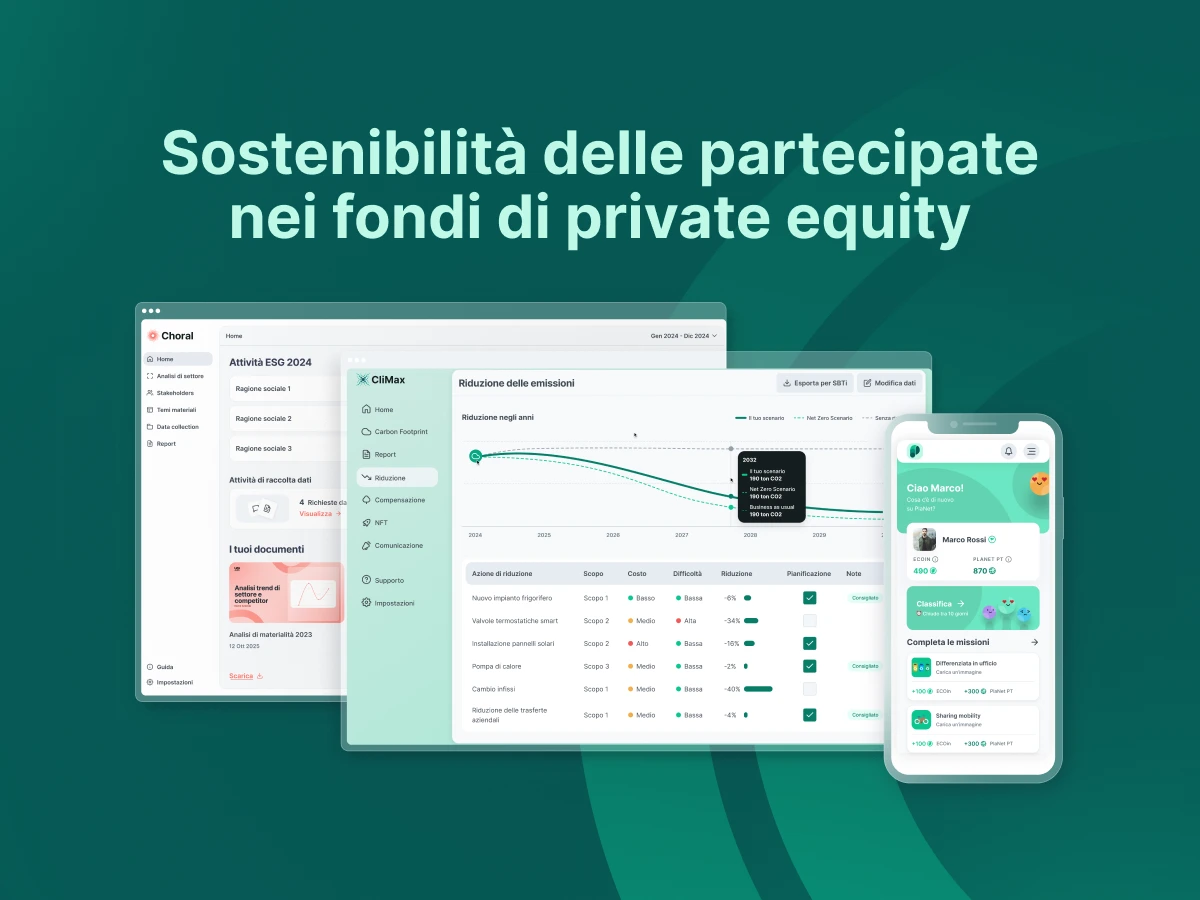{summary#bullet-1}
What does social sustainability mean?
With the end social sustainability refers to the ability to maintain and improve the well-being of human communities over time.
Social sustainability, together with economic and environmental sustainability, is part of the broader concept of sustainability. Sustainability, more generally, is the ability to satisfy the needs of the present, without compromising the ability of future generations to satisfy theirs.
Sustainability, therefore, not It is synonymous with environmental sustainability, but it is a broader concept that encompasses:
- environmental sustainability;
- economic sustainability;
- social sustainability.
{summary#bullet-2}
What is the goal of social sustainability?
Among the targets promoted by social sustainability include the promotion of social justice, health, education, gender equality, democratic participation and the inclusion of disadvantaged or marginalized groups.
Social sustainability and the Sustainable Development Goals (SDGs)
Social sustainability is one of 3 pillars of Sustainable Development, together with environmental and economic sustainability.
It is no coincidence that most of the 17 Sustainable Development Goals They fall right back into social sphere:
- Objective 1 - Defeat poverty;
- Objective 2 - Defeat hunger;
- Objective 3 - Health and well-being;
- Objective 4 - Quality education;
- Goal 5 - Gender equality;
- Goal 8 - Decent work and economic growth;
- Goal 10 - Reduce inequalities.

{summary#bullet-3}
How to promote social sustainability in the company: 5 key strategies
Promoting social sustainability in the company is essential to create a work environment inclusive and responsible.
How do you do it? Ecco 5 strategies to implement:
- Integration of diversity and inclusion policies: implement programs that promote ethnic, gender and cultural diversity within the company, in order to create a fairer and more productive work environment.
- Staff health and well-being: offer wellness programs, such as fitness courses, psychological counseling and work-life balance initiatives, to improve the physical and mental health of workers.
- Training and development: invest in continuous staff training, to improve skills and promote professional growth, so as to increase motivation and productivity.
- Transparency and communication: maintain open and transparent communication with staff and stakeholders on company initiatives, in order to create trust and involvement.
- Pay Equity Policies: ensure that all employees receive fair compensation for their work, regardless of gender, ethnicity, or other discriminatory factors.

In addition to these 5 strategies, which we can consider more 'internal to the company', it is possible to develop CSR initiatives (corporate social responsibility) that include volunteer activities, donations to social causes or development cooperation programs.
This type of activity, in addition to contributing to the well-being of local communities, greatly improves the company reputation.
A reality that offers this kind of possibility is Treedom, with his community support projects: Treedom finances projects in rural communities in the south of the world and also implements projects with a strong social value in Italy.
The company directly finances small agroforestry projects spread throughout the territory: the philosophy is to create sustainable ecosystems and allow thousands of farmers to meet the initial costs of planting new trees, guaranteeing food sovereignty and income opportunities over time.
Financing the planting of new trees with Treedom serves to support care in the first years of life, when they are not yet productive in terms of fruits.
{summary#bullet-4}
Social report and sustainability report: what are the differences
All these activities can be included in the Social balance sheet, or in the Social section of the sustainability report.
The Social balance sheet is a document that provides information on the impact of the organization on society and on the people involved (stakeholders).
According to GBS standard, the reference framework of the social report, the latter is “a reporting, management and control tool for companies that intend to adopt socially responsible behavior, and is addressed to the audience of stakeholders as reference subjects directly or indirectly interested in business activity”.
The sustainability report, on the other hand, is a reporting tool that allows you to communicate business choices in the field of environmental sustainability, societal And say governance.
It offers a global vision of business impact and includes all ESG issues.
Following the CSRD directiveFurthermore, several companies will be obliged to draw up the sustainability report as early as 2025. If you are interested in learning more, we explain everything in this in-depth analysis on the CSRD.


























